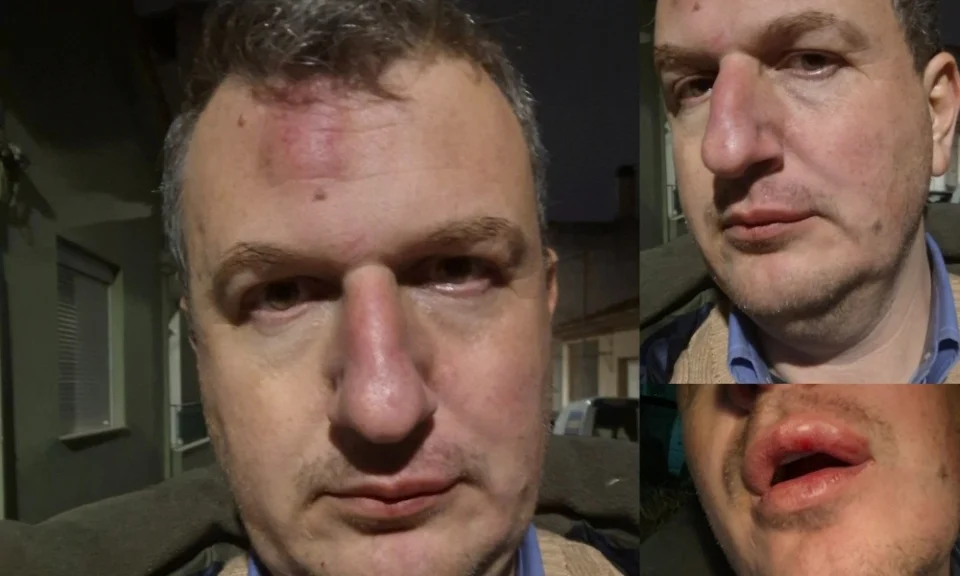
Press Freedom Under Siege: Arrests of Palestinian Journalists Since October 2023
December 17, 2024
London Stabbing Case Raises Alarms Over Foreign Threats to Exiled Journalists
December 17, 2024December 17, 2024 – UK –
A tribunal in Northern Ireland has found that the Police Service of Northern Ireland (PSNI) unlawfully used covert surveillance to identify a journalist’s confidential source and to monitor political figures, including former Secretary of State David Davis. The Investigatory Powers Tribunal determined that the PSNI bypassed legal authorization by launching secret operations—known as “directed surveillance” and “covert intrusion”—without meeting the required thresholds under the Regulation of Investigatory Powers Act 2000 or the Investigatory Powers Act 2016. This represented a serious violation of the journalist’s right to protect sources and the political privacy of targeted individuals.
The journalist at the center of the case works for a local media outlet and faced surveillance deployed to unmask their source of sensitive information. The tribunal noted that PSNI officers accessed private communications and deployed methods such as phone tracking and email monitoring in a bid to trace the leak. Although the PSNI contended that the surveillance was justified by concerns over the leak’s security risk, the tribunal rejected these claims and emphasized the lack of proper legal authority before initiating the operation.
The tribunal’s findings also revealed that David Davis, a senior political figure, was placed under similar surveillance without any lawful basis or judicial oversight. The tribunal criticized PSNI for treating routine journalistic work and political communications as crimes, stressing that such actions were “inherently disproportionate.” It highlighted that safeguards designed to protect press freedom and democratic processes were disregarded.
In reaction to the ruling, press freedom advocates and legal experts have called for thorough reforms to prevent unauthorized surveillance by law enforcement. Civil liberties groups are urging that legislation be amended to reinforce judicial review and transparency, ensuring that investigative powers cannot be used to intimidate media professionals or stifle political dissent. PSNI has acknowledged the tribunal’s report and said it will comply with legal requirements moving forward.
The tribunal’s decision underscores the vital importance of protecting journalistic sources and political privacy in democratic societies. It sets a significant precedent in the UK, reaffirming that superior law enforcement powers must not override fundamental freedoms without proper checks and balances.
Reference –




